The Green Growth of China: poverty reduction and sustainable development
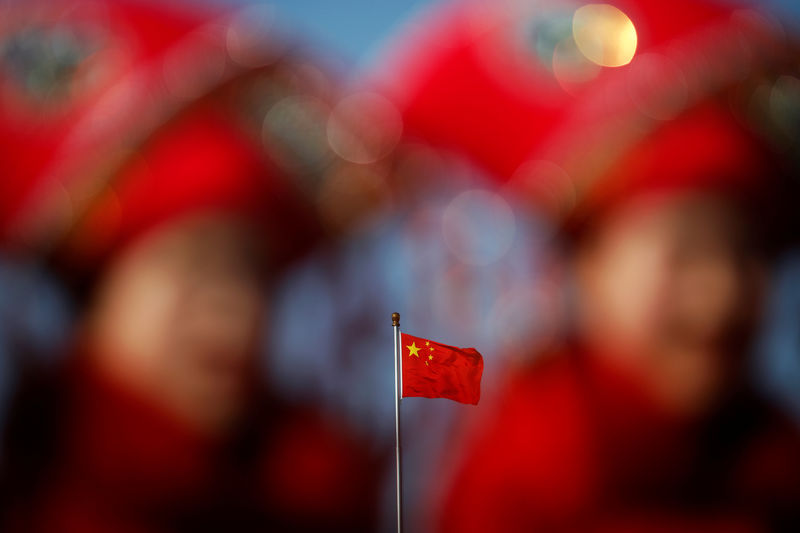
Starting from the last decade of the past century, China experienced a dramatic economic growth and poverty reduction. The exponential growth of GDP from around 360 billion current US dollar in 1990 up to more than 11 trillion in 2016 came with a reduction of poverty unprecedented in its speed and scale. The real per […]
WCERE – the 6th World Congress of Environmental and Resource Economics
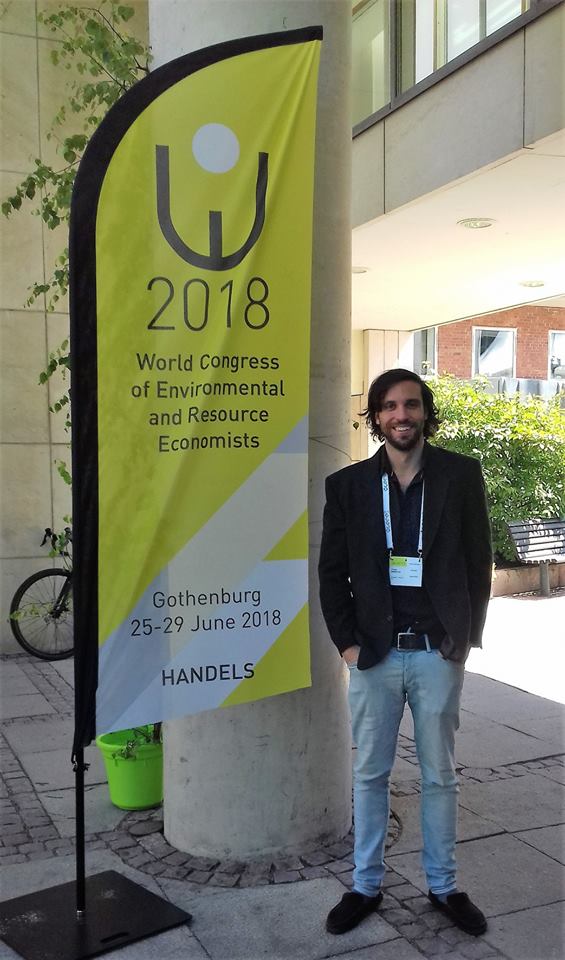
The 2018 World Congress of Environmental and Resource Economists (WCERE) was held at the School of Business, Economics and Law and the Faculty of Social Sciences of the University of Gothenburg, Sweden. It gathered over 1,300 international researchers, professors, professionals and students from June 25 to June 29 to share latest research output, policy perspectives, […]
The right of citizens to produce renewable energy
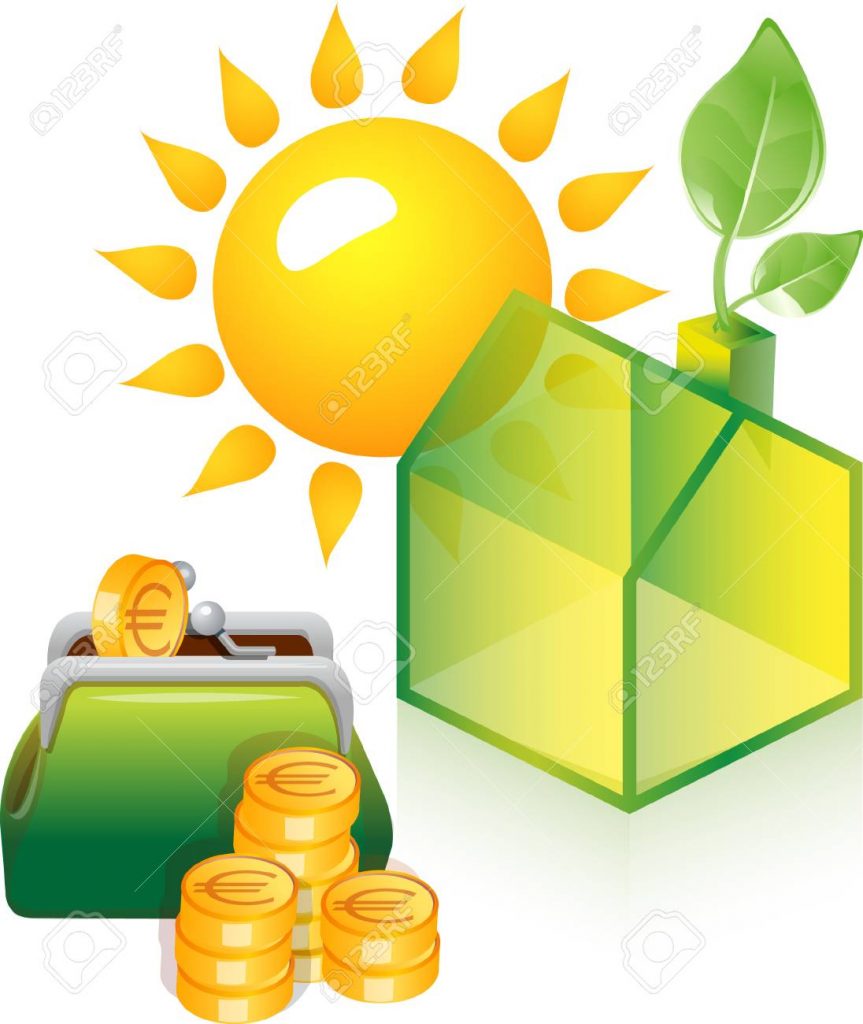
The Renewable Energy Directive establishes an overall policy for the production and promotion of energy from renewable sources in the EU. It was emended in 2009, defining both European and national targets regarding the generation of renewable energy. The European target was originally 20 per cent of the gross final consumption by the year 2020, […]
Pros and cons of Daylight Saving Time: do we still want that?
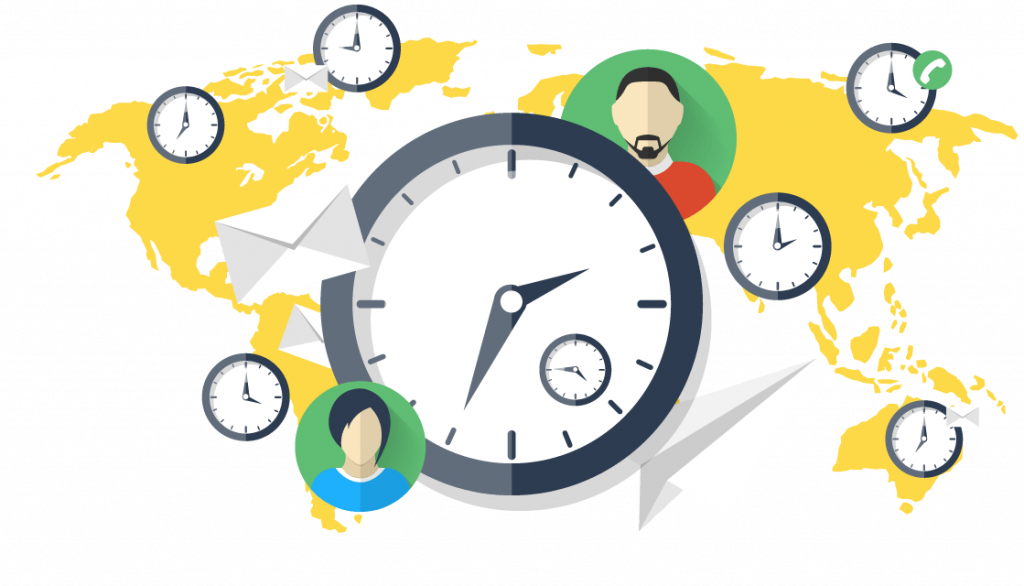
Daylight Saving Time (DST) has a long and controversial history. After being introduced in an essay by Benjamin Franklin, the idea was adopted in 1916 by Britain and Germany. The goal was to reduce the domestic consumption of coal and to give factories daylight hours to work, in order to aid the war effort. The […]
SCAP 2020 – An action plan for a more sustainable textile industry

In 2012, one of the first evidence base on the environmental impacts of the fashion industry was published under the name “Valuing Our Clothes: the cost of UK fashion” by the WRAP organisation. It analysed the environmental impact of the whole journey of clothing, from raw materials and manufacturing, to purchase, use and disposal. The […]
Payments for Ecosystem Services – how to preserve ecosystem services and to improve the well-being of local communities
Ecosystem services (ES) – such as the provision of goods, regulation and support of human, natural and cultural activities – require proper and well defined management systems, which are now a core issue among the scientific community. The main types of ecosystem services with significant commercial scale are: – carbon sequestration and storage – biodiversity […]
“Global warming may help humans flourish” – Scott Pruitt and his curious administration of the US Environmental Protection Agency
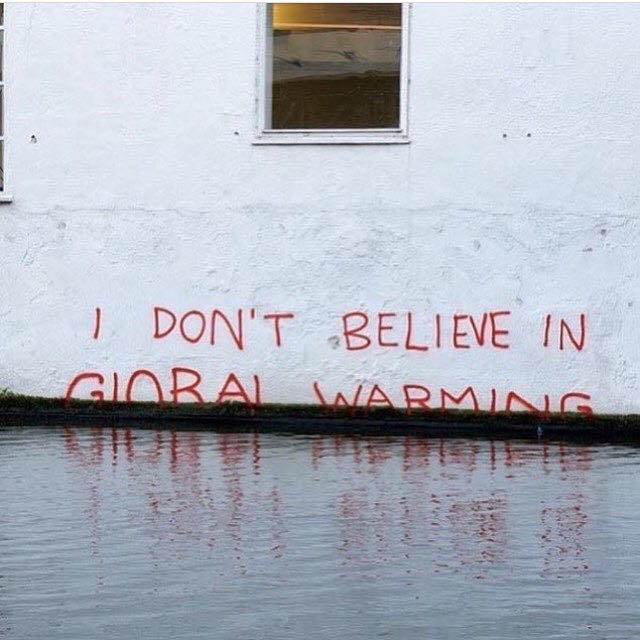
There is overwehlming evidence about global warming and climate change being happening and being hazadous to humans worldwide. However, until there will be an even limited level of scientific uncertainty there will be place for climate change (or global warming) denial. This uncertainty would mostly refer to the anthropogenic influence on the climate, the fact […]
The evolution of agriculture: how we lost productivity, efficiency and stability of our fields
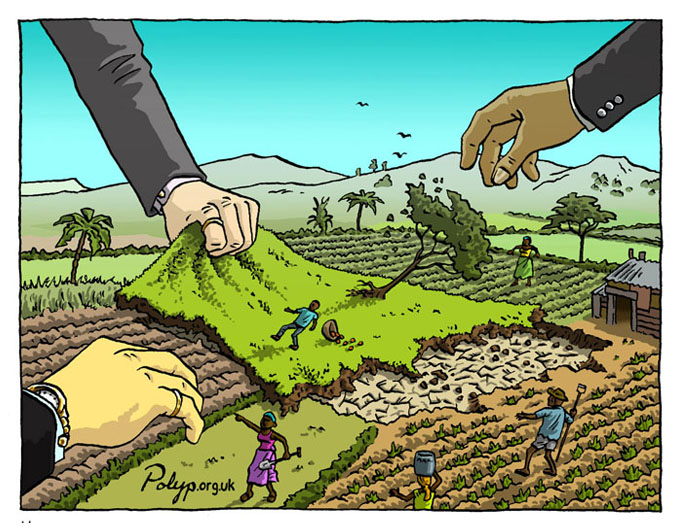
Nowadays, the agricultural sector is ruled by the industrial approach: fields are factories guided by the rule of business. Nature does not play the main role anymore. We expanded our production to places that are really not adapt for growing crops. Every year we lose huge amounts of fertile soil, destroying its capacity both in […]
Deforestation in Italy: new regulation and new problems

On the first of December 2017, the Council of Ministers approved the so called Testo Unico Forestale, a Consolidated Act aimed to regulate the forest management in Italy. So far, an organic regulation of the sector was missing. The act aims to fill the gap and provide new instruments for the promotion of the Italian […]
Better Finance, Better World: how to make the Sustainable Development Goals more “investable” for commercial players
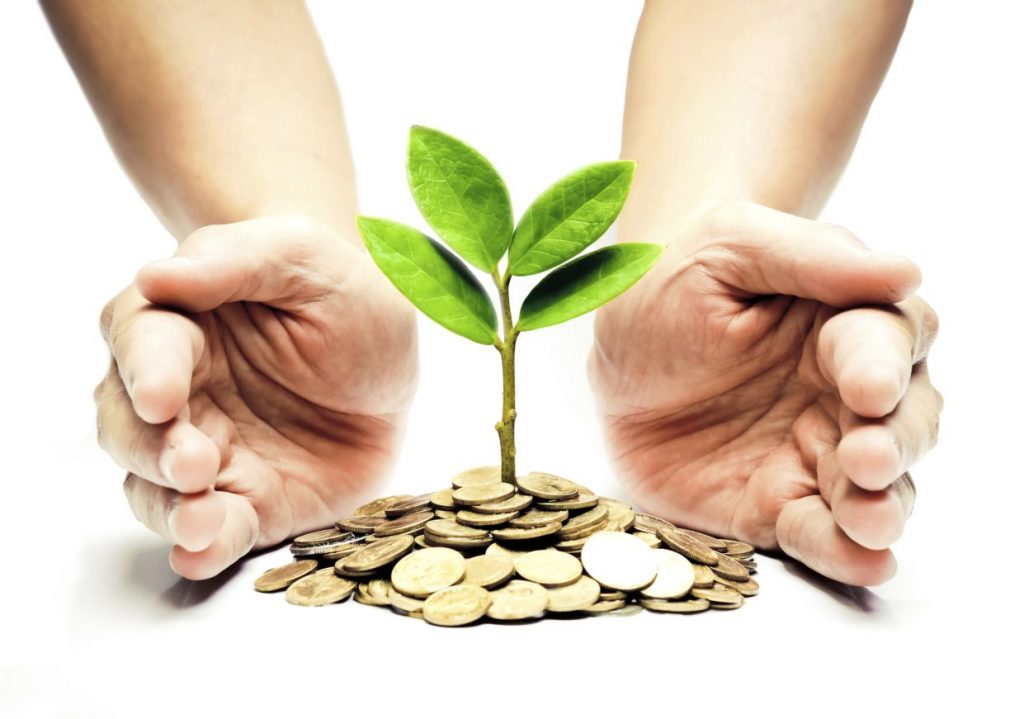
Today, January 24th, the Business and Sustainable Development Commission presented a consultation version of the paper Better Finance, Better World at the World Economic Forum in Davos. The commission has set up a taskforce to consider how to deploy blended finance more effectively and how to encourage growth in the sector. That would make the […]
Agrisource : an Open-Innovation Platform for Climate-Smart Agriculture

With 10% of the world facing food and water scarcity, any viable solution to meet the challenge of global food production must extend beyond field-level problems and encompass a wider, science-based approach. The main practical problems encountered across the entire seed-to-shelf spectrum are: – lack of communication and transparency between the players of agriculture – […]
We Are Still In! – United States is much more than Trump

As probably many of you already know, Donald Trump announced this summer he will pull the United States out of the Paris Agreement. Only two countries were not part of the agreement: Syria and Nicaragua, for very different reasons. But now they are in as well and United States results as the only country that […]
Highlights from COP23 – a brief explanation of the key outcomes and the plans for the future
The 23rd session of the Conference of the Parties (COP23) to the UN Framework Convention on Climate Change (UNFCCC) was held in Bonn, Germany, from 6 to 17 November 2017 under the presidency of the Government of Fiji. It is the first time that a COP is presided over by a small Pacific island developing […]
BALANGAY LEGAZPI is the Best Climate Practise 2017
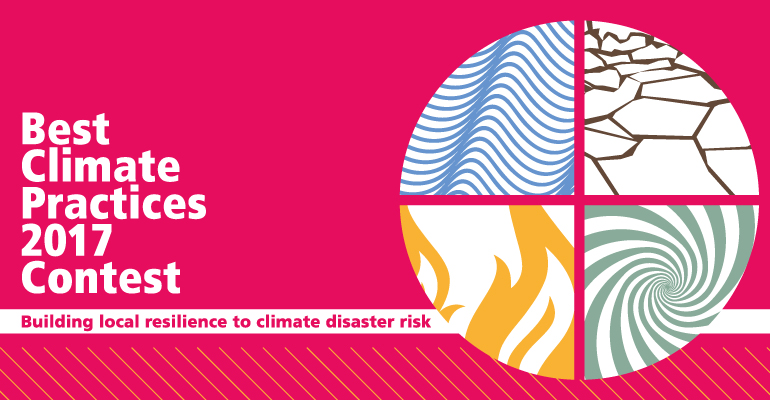
On November 8th, in conjunction with the first week of COP23 and within the context of the “ICCG Climate Week”, ICCG organises a webinar dedicated to the Best Climate Practice Award, to showcase the most innovative and compelling projects that have participated in the 2017 edition of the contest and to explore the landscape and […]
